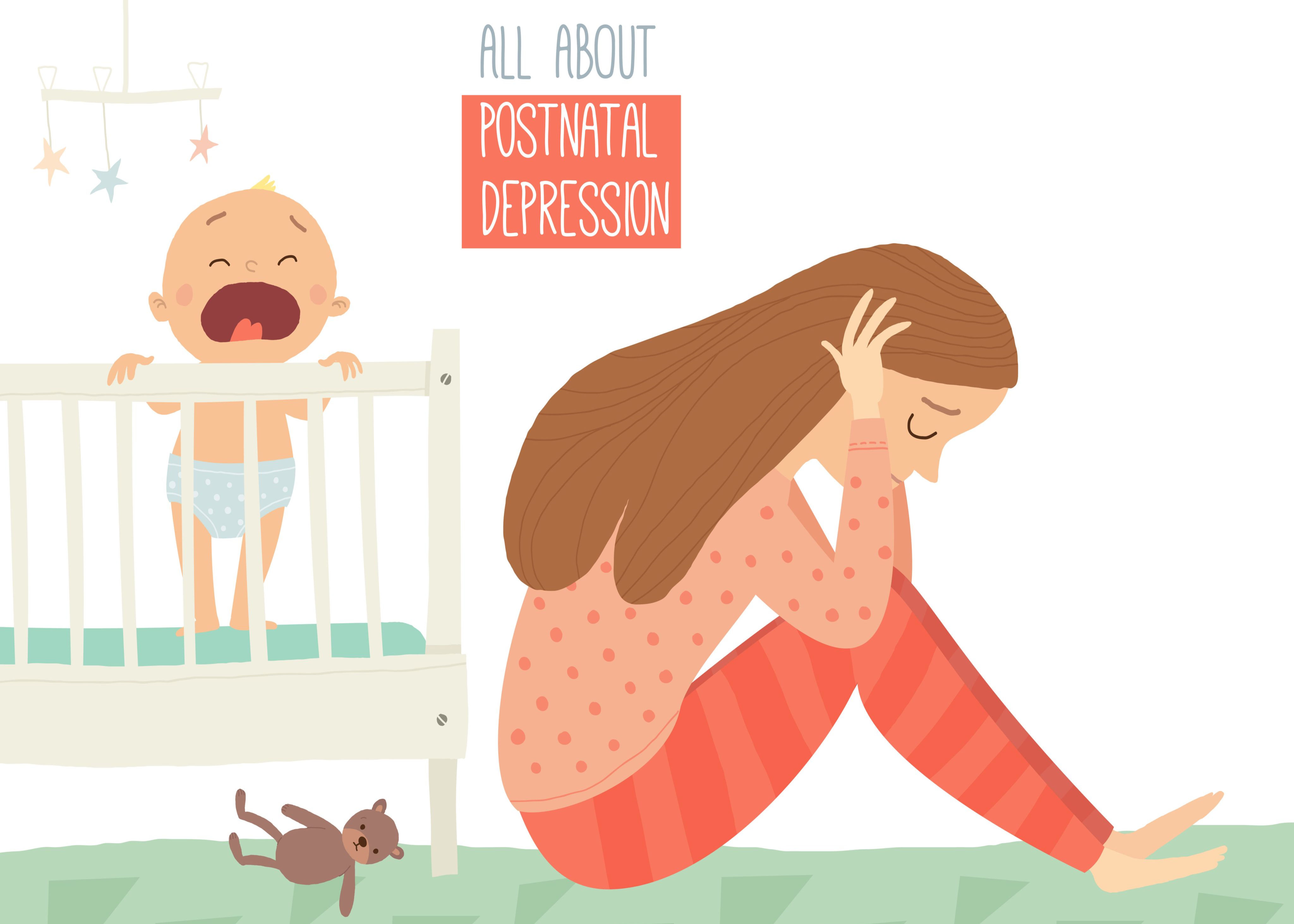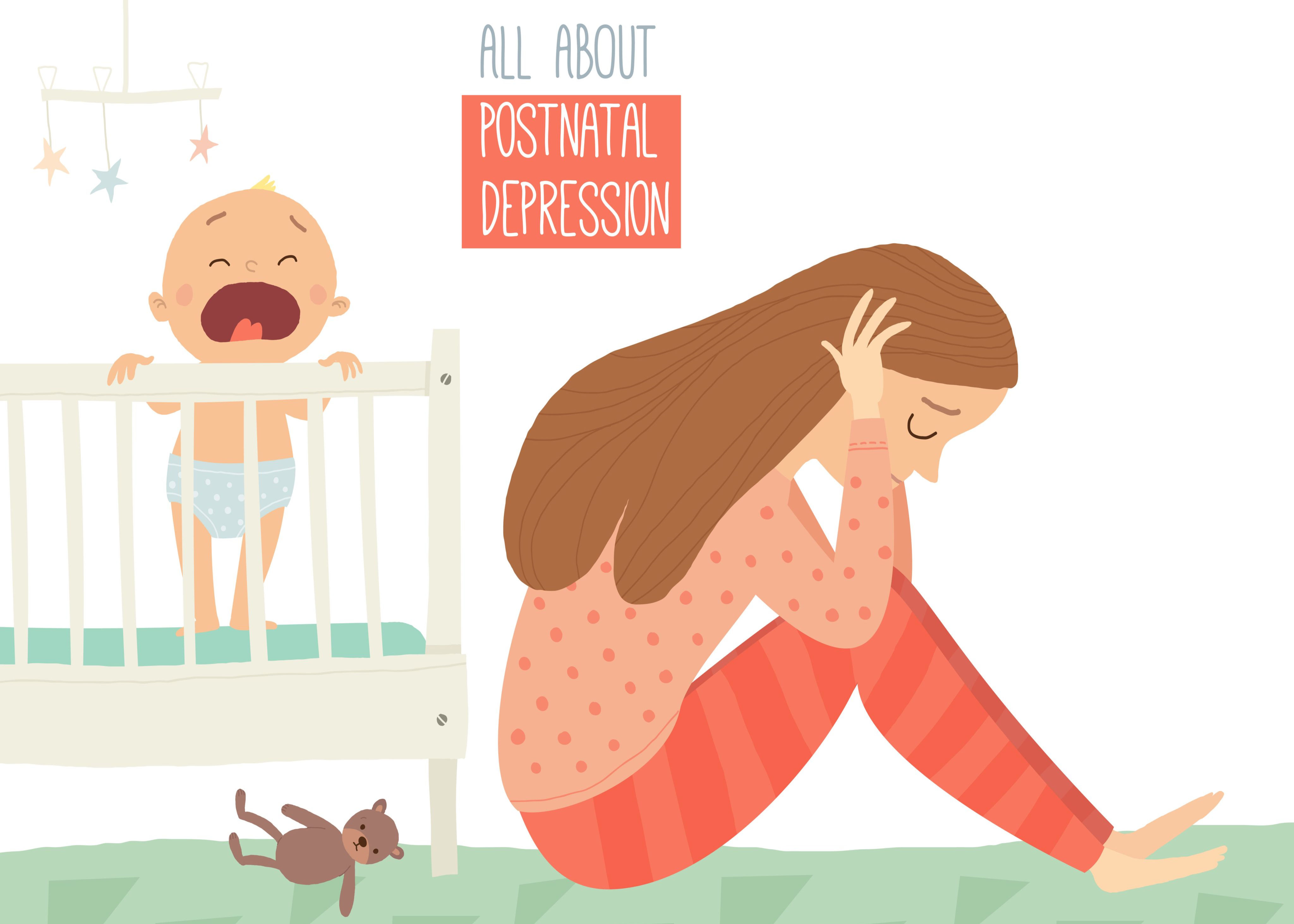1 in 7 women are affected by postnatal depression in the first year.
We don’t know what the exact causes of postnatal depression are, but it is thought that physical and emotional factors play a part. There are changes to your hormone and thyroid levels, lack of sleep and inadequate nutrition after birth. Combine those with a potential traumatic birth experience, relationship changes and feeling isolated and you’ve got a long list of contributing factors..
Postnatal depression can appear differently in everyone.
It is quite normal to feel strange or a little sad in the first week after giving birth whilst your hormones start to settle but for some people these feelings continue for longer.
What are the most common signs of postnatal depression?
- Sadness. Ongoing sadness, crying a lot and anger are signs of postnatal depression.
- Difficulty sleeping. A lack of sleep in the first year is completely normal. You do really need to try and rest whenever you possibly can. If you’re struggling to sleep and/or suffering with insomnia this is a sign of it becoming an ongoing issue.
- Feeling overwhelmed. Caring for your newborn can feel overwhelming. You’re getting very little sleep, barely any time for a shower, let alone anything else. This is completely normal, however, you might find that these feelings of overwhelm are intruding on a daily basis. If you’re experiencing stress, irritability and confusion these can be signs of postnatal depression.
- Anxiety. Anxiety often shows up in the form of worrying about how you’re going to cope. Worries about being a new mum and whether your baby is thriving as they should do. You could also be worrying about your partner going back to work soon and leaving you on your own to manage. These are absolutely normal things for you to worry about. If your anxiety is making you struggle to make simple decisions and withdrawing from seeing other people, this could be a sign that you could do with some additional support.
- No interest or enjoyment. Yes, life isn’t going to be the same once you’ve had a baby and it will take you some time to adjust. This is completely normal. However, if you’re feeling as though every day is a struggle and you find that you’re not looking forward to things, then you could be suffering from postnatal depression.
- Mood swings. In the first few days after birth you experience huge shifts in hormones as your body adjusts to not being pregnant. This shift of hormones can bring on something known as the baby blues. You may feel sad and weepy and it usually passes in a few days. If it doesn’t pass, this could be a sign of something more sinister.
If you suspect that you have symptoms of postnatal depression, please make sure that you reach out to a health professional. Talk to your GP as soon as possible so that you can discuss treatment options.
For more helpful tips to do with pregnancy and being a new parent, check out my blog on my website JustExhale and my Facebook page: Just Exhale | Facebook


